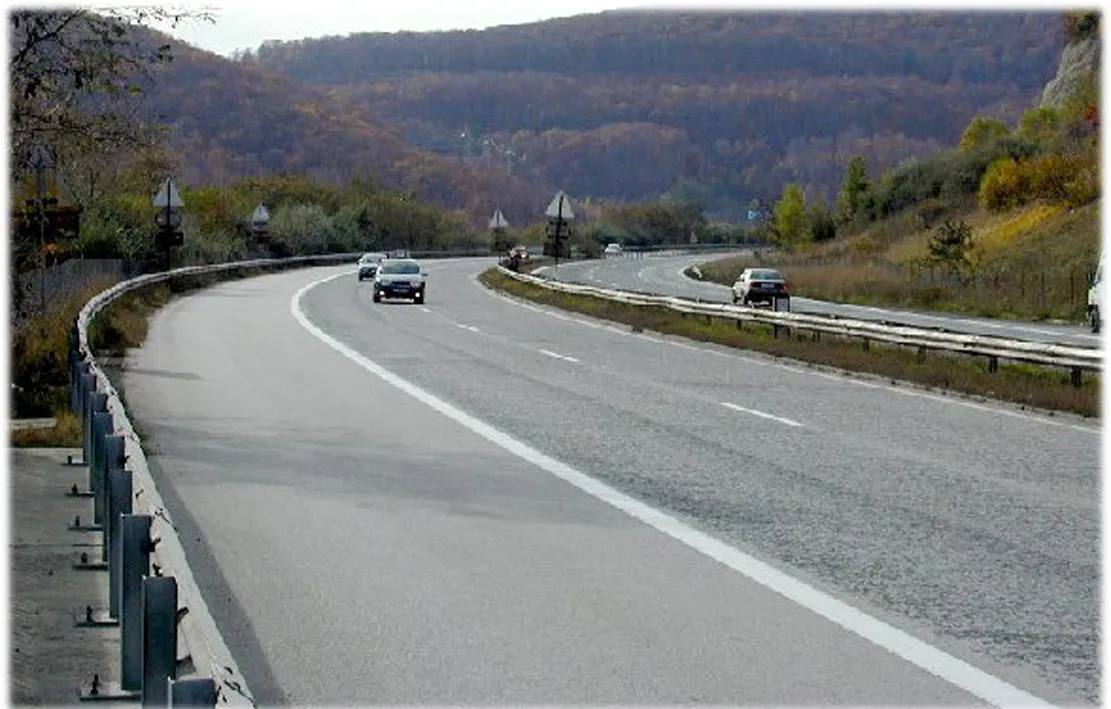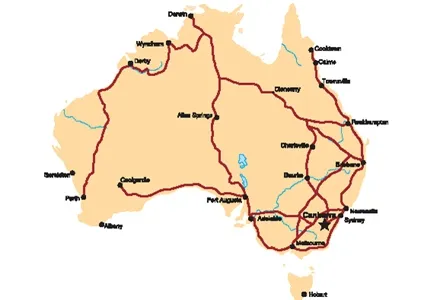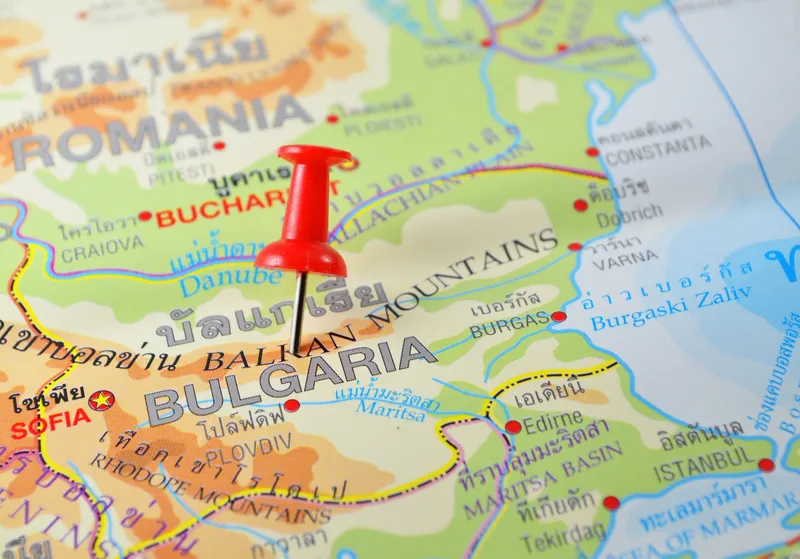Work will start next month on a 24km section of Bulgaria’s controversial Struma Highway, part of the the Pan-European Corridor IV.
Corridor IV runs from Dresden in Germany to Istanbul in western Turkey.
The route, named after the Struma River, is part of Е79 that runs from Miskolc in Hungary to the Greek Aegean port of Thessaloniki, passing through the Romanian cities of Deva and Craiova.
The 156km route has been under construction in four sections, with work on the third and final section now abou
August 19, 2016
Read time: 2 mins
Work will start next month on a 24km section of Bulgaria’s controversial Struma Highway, part of the the Pan-European Corridor IV.
Corridor IV runs from Dresden in Germany to Istanbul in western Turkey.
The route, named after the Struma River, is part of Е79 that runs from Miskolc in Hungary to the Greek Aegean port of Thessaloniki, passing through the Romanian cities of Deva and Craiova.
The 156km route has been under construction in four sections, with work on the third and final section now about to begin. The segment will cost €144 million to build and will run between Kresna and Sandanski.
News agency Novinite reported that work is due to begin in June next year on another section as well, a 13km segment between Blagoevgrad and Krupnik.
At the heart of the controversy for the Bulgarian government is a 20km stretch in the Kresna valley. Ecologists and animals rights groups claim the area as crucial for migratory birds as well as being home to bears, wolves and jackals. The valley with its warm micro-climate connects the southern fringe of the Balkans with the northern tip of the Mediterranean.
The government, in turn, claims the route is vital for increasing tourism and trade and has arranged more than €670 million of European Union grants for construction works.
Villages and other local people also see the highway as an escape route for the area’s young people who will leave for work elsewhere.
Corridor IV runs from Dresden in Germany to Istanbul in western Turkey.
The route, named after the Struma River, is part of Е79 that runs from Miskolc in Hungary to the Greek Aegean port of Thessaloniki, passing through the Romanian cities of Deva and Craiova.
The 156km route has been under construction in four sections, with work on the third and final section now about to begin. The segment will cost €144 million to build and will run between Kresna and Sandanski.
News agency Novinite reported that work is due to begin in June next year on another section as well, a 13km segment between Blagoevgrad and Krupnik.
At the heart of the controversy for the Bulgarian government is a 20km stretch in the Kresna valley. Ecologists and animals rights groups claim the area as crucial for migratory birds as well as being home to bears, wolves and jackals. The valley with its warm micro-climate connects the southern fringe of the Balkans with the northern tip of the Mediterranean.
The government, in turn, claims the route is vital for increasing tourism and trade and has arranged more than €670 million of European Union grants for construction works.
Villages and other local people also see the highway as an escape route for the area’s young people who will leave for work elsewhere.








